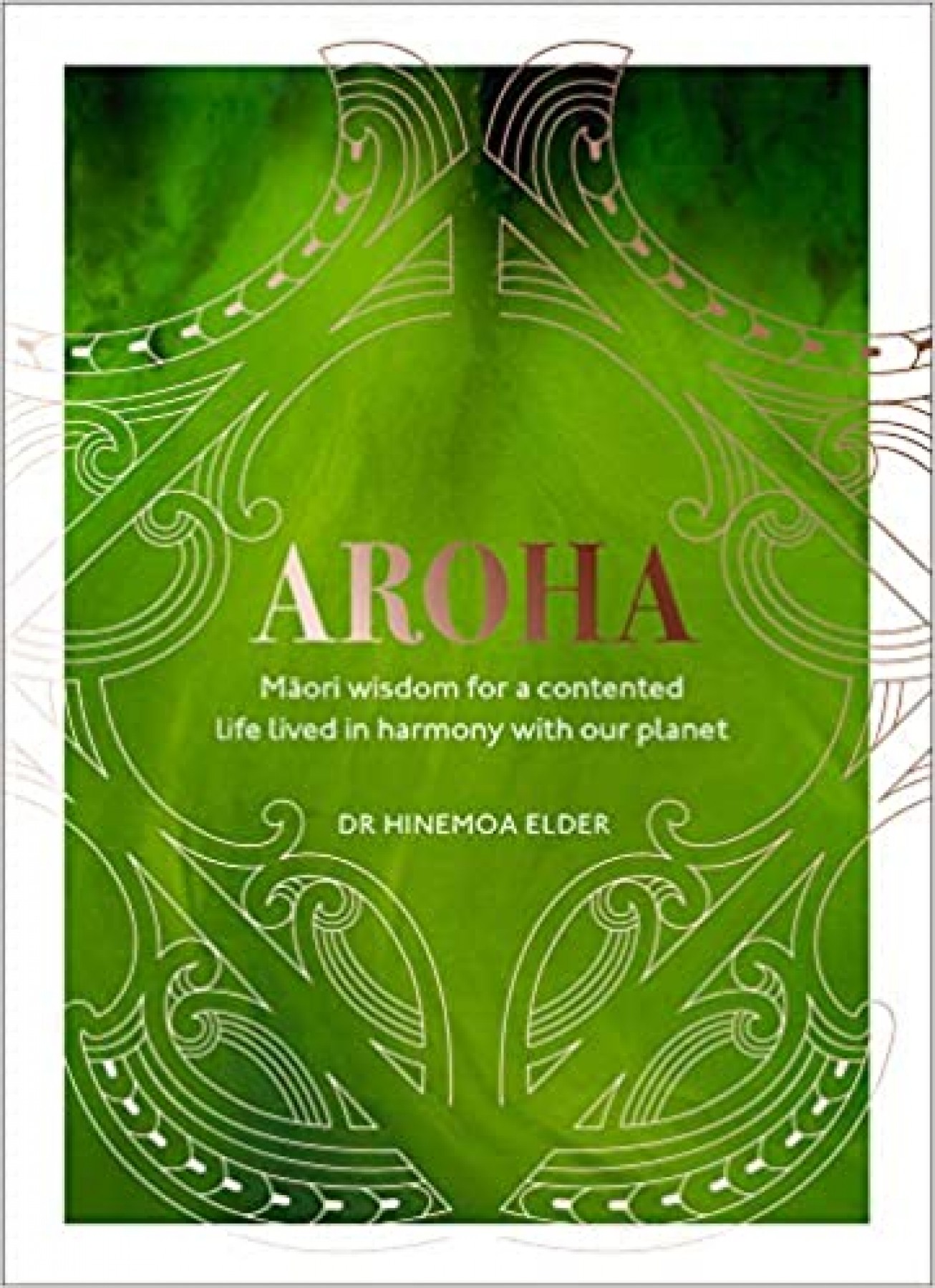Dr Hinemoa Elder is a child and adolescent psychiatrist. This book is written with aroha, and encompasses the many facets of her life and experiences as a Māori woman, mother, teacher, researcher and most importantly a member of the following tribes: Te Aupōuri, Ngāti Kurī, Te Rarawa and Ngāpuhi, which are centred in the Northern part of the North Island, or the tail of the fish caught by Māui.
I found the 52 whakataukī or proverbs included in this small book joyful to read, as they encourage you to reflect on the wisdom of past elders, their observations of life, their spiritual connection to nature, the importance of our role as humans as being kaitiaki - being both leaders and care protectors for future generations and all species on Earth, the planet we all live on. In reading them, we learn a little more about who Dr Hinemoa Elder is as she shares with us what each proverb means to her – in relation to something that has happened in her life, how it has helped her to understand or accept certain happenings, and emphasising her soul connection with nature, particularly living on Waiheke Island, the home of Ngāti Paoa.
Throughout the book, Dr Hinemoa Elder passionately reminds us that we are living at an important time in history, where the planet is suffering from decisions that humans have made and that change is now occurring faster than most humans can cope and adapt to, especially new technological changes which impacts all of our lives. Dr Hinemoa Elder encourages us to make sacrifices in our life, such as giving up meat at least one day per week, to make changes that slow down the effects of climate change and pollution of the environments we live and consume from. Further, she encourages us to step up and be vocal about the changes we need to make to protect Papatūānuku, Mother Earth. The choices we make daily affect the future.
Dr Hinemoa Elder encourages us also to live simply, to be in harmony with nature, to be observant of changes occurring around us, to watch the birds that are around us as they are wonderful creatures to watch and reflect on the messages they are often telling us. Most importantly, she encourages us to develop meaningful conversations and communicate with each other, so that we go deeper into ourselves, which is the core of our being, similar to the core of the heart of trees. She reminds us of the importance of “kanohi ki te kanohi”, face to face communication to carry out important conversations as they strengthen human bonds and relationships. She also encourages us to develop our wairua, our spiritual dimension, to help us understand the important role of our ancestors and the pathways that they often have created for our journey in life.
This book may help many people suffering from isolation, loneliness, the effects of Covid-19 across the globe, cope with loss and grief, and the importance of having love or creating aroha in your life, beginning with yourself. As a reader, thinker, planner, decision maker or lover you could take one proverb per week, reflect on it, think about its special meaning and then find out what it means to you and your story, or the story of people special in your life and those who have gone before you.
This book would be great for students and life learners who want to understand more about tikanga Māori, te reo Māori and the wisdom of Māori as the indigenous population of Aotearoa.
Ngā mihi aroha
Review by Dr Lorna Dyall QSM, Ngāti Maniapoto and Ngāti Paoa

